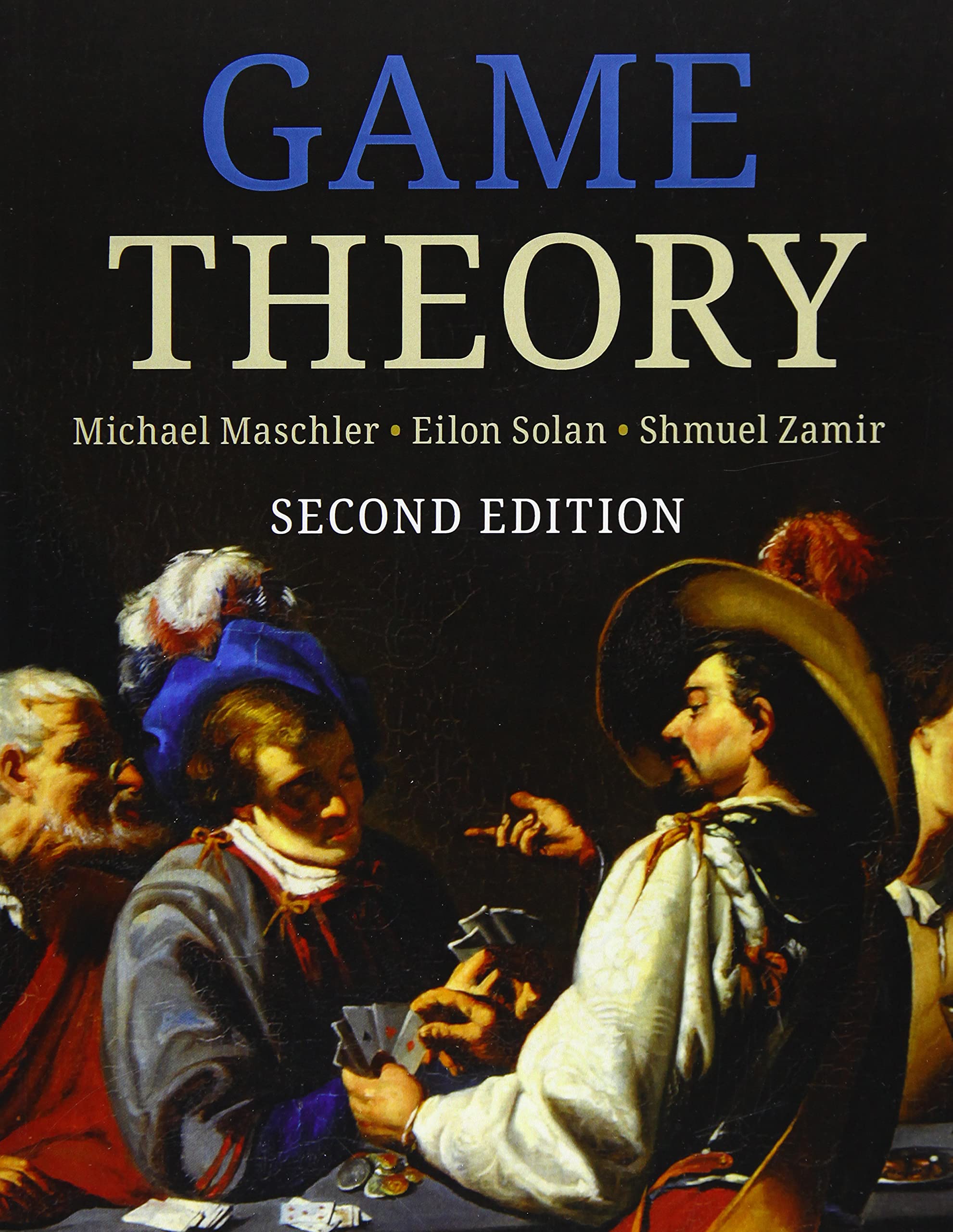是的,所有产品均直接来自美国,英国,阿联酋和印度的授权零售商。我们保持严格的质量控制过程,并在运输前验证每种产品。所有项目都有适用的制造商保证,并由我们的标准退货政策涵盖。
送货时间因目的地国家 /地区不等,通常从3-9个工作日不等。每个订单都可以通过我们的系统完全跟踪。我们处理所有关闭范围,并使用可靠的快递合作伙伴进行最后一英里的交付。您将通过电子邮件和我们的应用程序定期收到有关您的订单状态的更新。
自2014年以来,落伍车是一个国际电子商务平台。我们每天在全球范围内安全地处理数千个订单。每个产品都会在交付前经过我们的质量验证过程,我们提供端到端订单跟踪,24/7客户支持以及全面的回报政策,以确保安全的购物体验。
我们的价格包括产品成本,国际运输,进口关税,关税和当地交货费用。我们处理所有海关和导入程序,确保交货时没有隐藏的费用。 Pro会员将获得额外的福利,包括免费送货。

